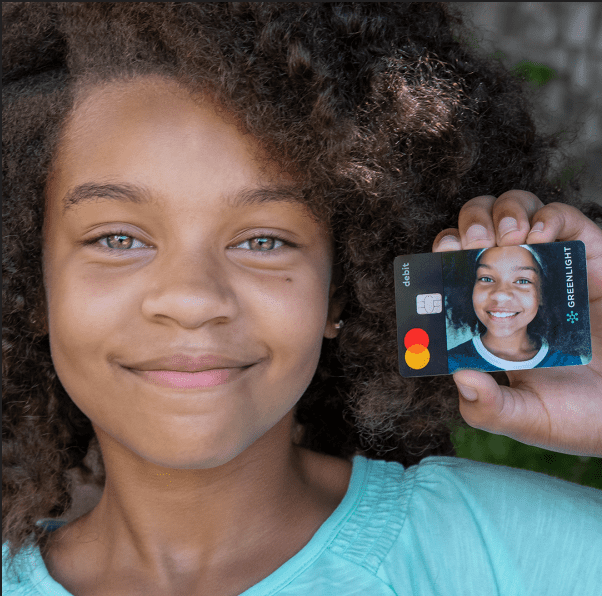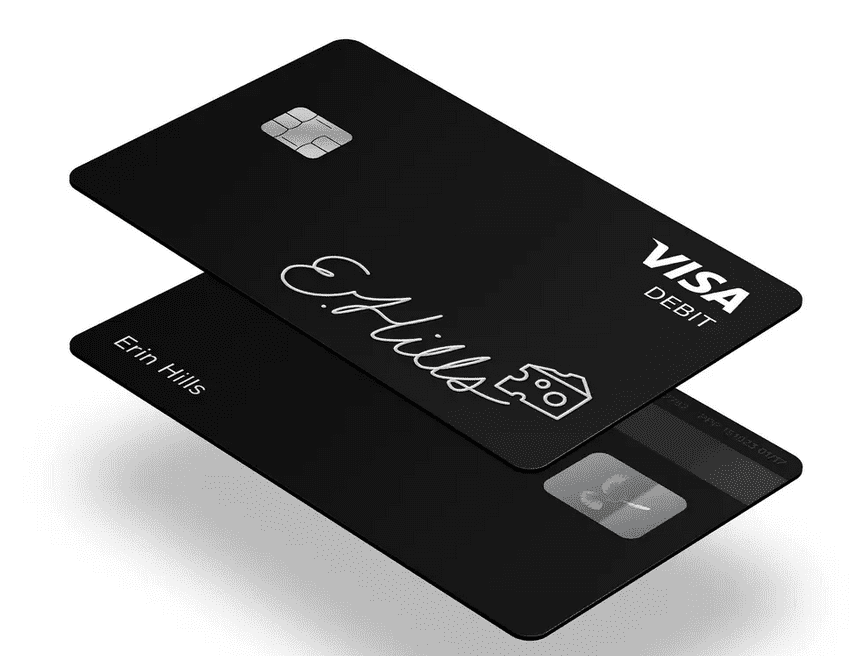The concept of paper money is gradually subsiding in terms of popularity and effectiveness. Using plastic money is a suitable replacement and an ideal alternative for paper money which is now rampant in the financial market and daily use. Debit cards and credit cards are accepted examples of plastic money in which the money is deducted and withheld from a person’s account at the time of purchase. There is no need to carry many stacks in your pocket for security purposes and theft instances. If you have a credit card, you can purchase any item or product but pay later based on your convenience. However, unlike credit cards, debit cards do not operate on debt and have certain purchase limits; therefore, debit card owners need to pay right on the spot while purchasing.
The first question is :
Can someone under 18 have a debit card?
Yes, you can have a debit card under 18. However, your guardian needs to co-sign documents or give permission on the application for you to hold a debit card as a teenager. However, today that parents’ permission can be done very fast using just a few clicks on a cell phone.

How to Get a Cash Card Under 18?
To get a cash card under 18, you need to open a checking or savings account, and you need to have an adult person co-sign. You can have a checking or savings account without your parents’ involvement but with your adult relative or friend’s help.
In my personal opinion, the best way to get debit cards for those under 18 is to apply for a Cash App (https://cash.app) debit card. Teenagers from 13 to 17 can request a Cash Card, add Cash to their balance, and send a P2P payment from their stored balance.

If you decide to use the Cash App, please read some instructions on how to get this debit card as a teenager:
How to get a cash app card under 18?
To get a cash App card as a teenager from 13 to 17, you need to do the following steps:
- Sign up for Cash App, and initiate the account authorization at https://cash.app.
- After you send the request, your parent (guardian) will need to confirm the guardian’s Cash App account request.
- If your guardian has verified Cash App and owns a debit card, you will get a teen’s Cash Card for two weeks.
Please read our article “Where Can I Load My Cash App Card” to learn how you can load your Cash App.
As a teenager, you will have some restrictions on your debit card, such as:
- You can send, receive and request USD payments up to $1,000 per 30 days.
- Add Cash to Cash balance maximum of $1,000 per 30 days
- Cash Out from balance up to $25,000 per 7 days
Teenagers and debit cards
Debit cards may appear similar to credit cards, but they are poles apart in operation and application. Debit cards are directly associated with the checking or savings account, and if you do not possess one of these accounts, you will be asked to open one at a bank or credit union. Opening a checking account can be completed online or by visiting the branch. Since it involves a security concern, you will be asked to submit security forms and accurate individual identification, including a Social Security number, passport, or a driver’s license. However, if you are under 18, you will be required adult supervision to consign the account for receiving financial facilities on behalf of the bank and enjoy monetary services during shopping or any other instance where debit care may be required.
A bank account is a necessary option for adults and young individuals. Debit cards are a sensible preference for young adults because they impart valuable lessons in money management that may be wisely used in the future. As the funds are not amassed and gathered at every purchase similar to the credit card, an instant check-out is completed in terms of the fund, and at every purchase, the amount is deducted right away on the spot. There is no concept of interest or stacking up debt on the credit card. However, if you are young and in the learning phase of money management, you can easily count on debit cards to manage individual finances. Paying with a credit card is linked to consumer protection, but utilizing a debit card at every purchase will make shopping and financial dealings at a young age convenient, as you are unable to shop online without its possession. However, opening a bank account is challenging for people under the 18 category. Contracts that are signed by those under 18 are often considered uncertain and are needed to be supervised, administered, and monitored by an adult. Different states and corporate policies may accommodate youngsters, but banks require an adult to oversee the minor.
For under 18 individuals, opening a joint account or a custodial account is preferred by many banks. Almost all banks across the United States and credit unions provide offers for a joint account, but you can customize and personalize the account based on your preferences. For minors, look for an option of low or no fees, a low-interest rate, and a union or bank that has relaxed and lenient policies for young bank account holders.
How to get a debit card at 16 without your parents?
The only way to get a debit card at 16 without your parents is to have your savings or checking account where some adult person can give you co-sign. Adult co-sign is mandatory because only people above 18 years old can sign up contracts.
Co-sign bank account
To pay with a debit card as a minor, you need to open a checking or savings account to get ownership of a debit card. If you fall under the under 18 category, you can easily purchase items and spend funds directly taken from your current or savings account. However, as per the law, under 18 individuals cannot perform their signature and require the parent or guardian to consign to set up a checking or savings account. In this way, the teenagers are not responsible for funds management. The parent’s financial responsibility involves overdrawing funds and monitoring exceeding balance.
Similarly, if you go to the bank or any credit union, the bank policies would not allow any minor to open up a bank account without the parent’s presence. Verification and identity documents involving birth certificates and passports are required documents to avoid situations of fraud and scams. Different banks are strict regarding limitation policies; for example, the US Bank necessitates a $25 opening deposit that can be instantly paid with Cash, check or even credit card, but it must be signed with your parents. This is the minimum amount in dollars set by the US Bank required to legitimately open up a bank account.
Minors can also benefit from bank account policies by linking the child’s name to the parents’ checking or savings account. This way, young adults can utilize a debit card but under the parent’s name. In this scenario, the financial responsibility comes down to the parents, and they must carefully analyze and check their account for any withdrawals or recent purchases.
A joint account of parents and minors can easily make deposits, cash withdrawals, and shopping through debit cards. The joint account should be handled and monitored by at least one adult who will act as an account holder. It can also be used as an account customized for those under 18 individuals. Most banks offer lenient policies for young individuals, but they use different names such as the checking account, huge savings account, savings club, and student checking. If teenagers reach the age of 18, you need to inform the bank management and administration in case of specific changes required in terms of withdrawal and transfers. Certain restrictions may be lifted, and individuals would enjoy financial facilities not offered before 18. Suppose the child is demanding a separate account, then in that situation. You can remove the old adult who was previously handling the account, switch to different settings, and name the minor as the primary account holder.
To summarize, a child or a minor can get partial ownership of a debit card at 13, but a parent or legal guardian takes accountability for joining a team checking account. As soon as the child turns 18, the account will be automatically transformed into a regular checking account with specific revisions.
Debit cards are considered more convenient for financial savings than credit cards and have certain disadvantages. It would help if you were careful about the maximum spending limit and at times of purchase; otherwise, it could cost you overdraft fees. An additional fee is also required when using ATM that is not linked with the primary bank account. Be mindful about the debit card PIN and customize it to be easier to remember. Keep your PIN under the wraps, and do not share it.
